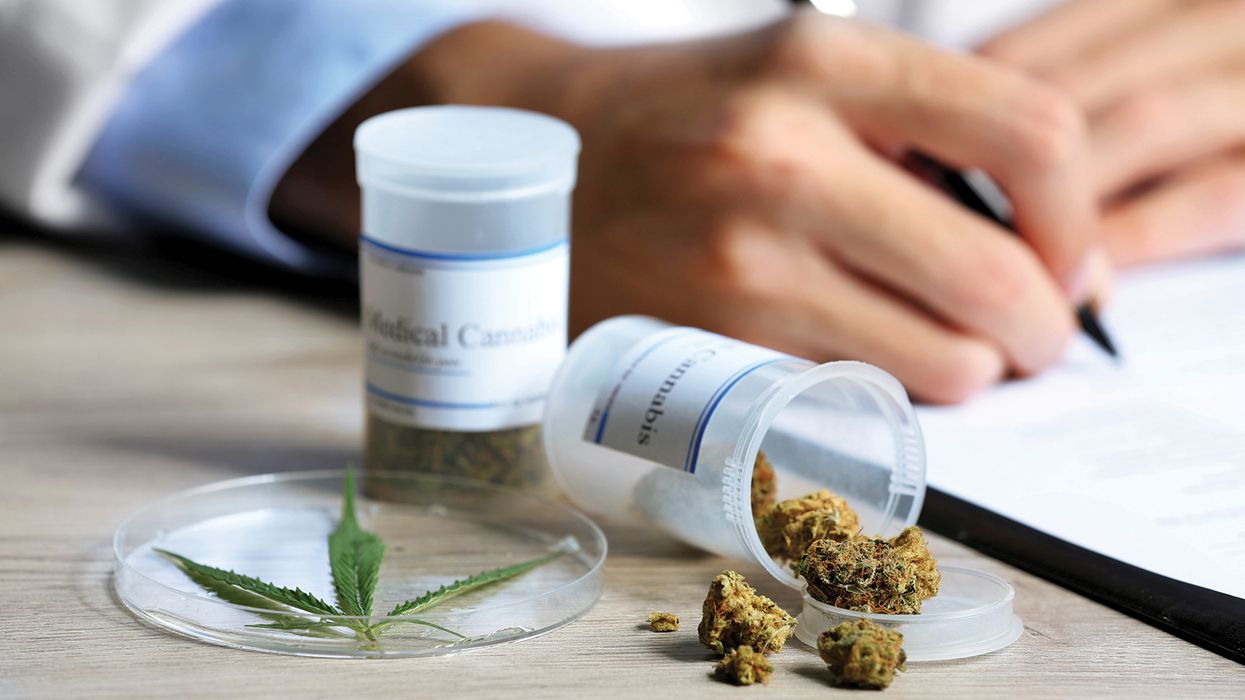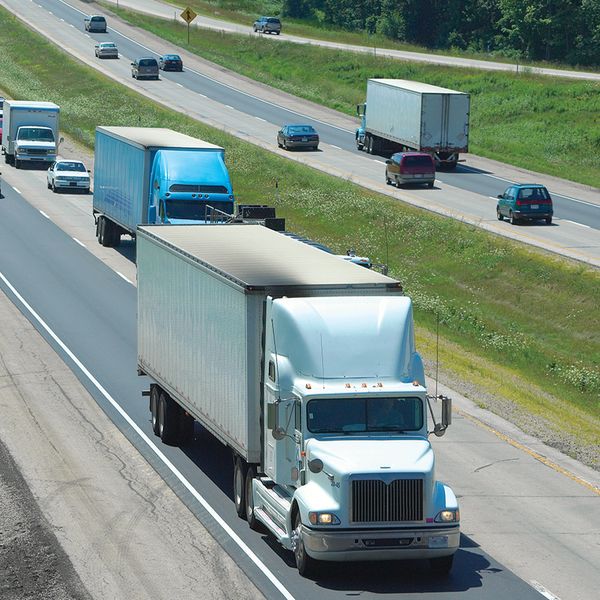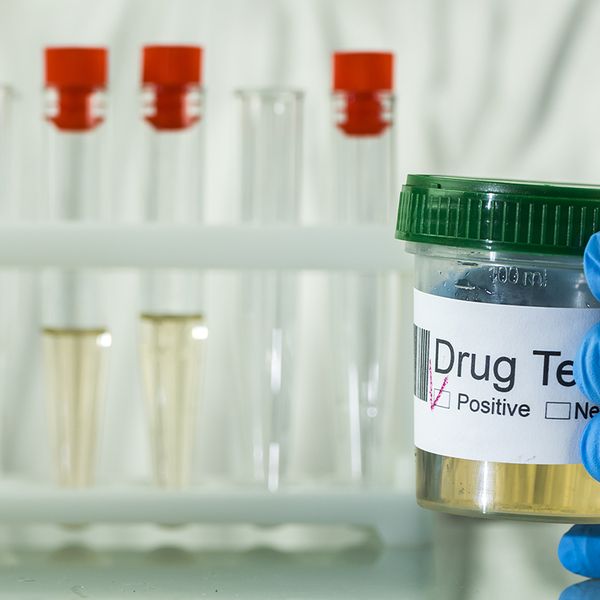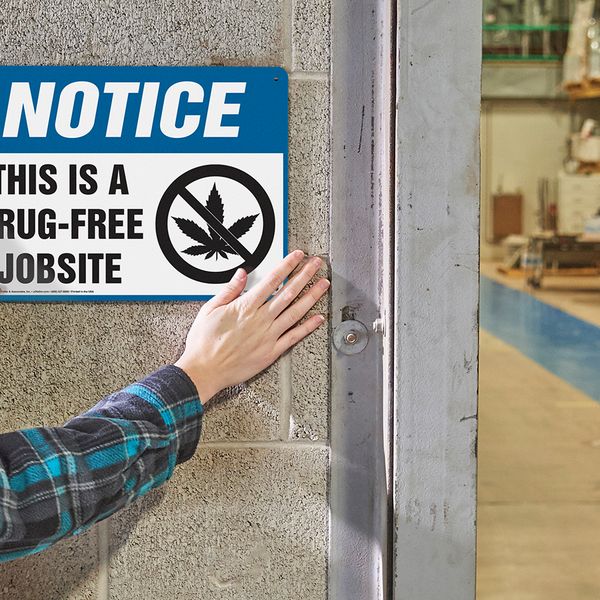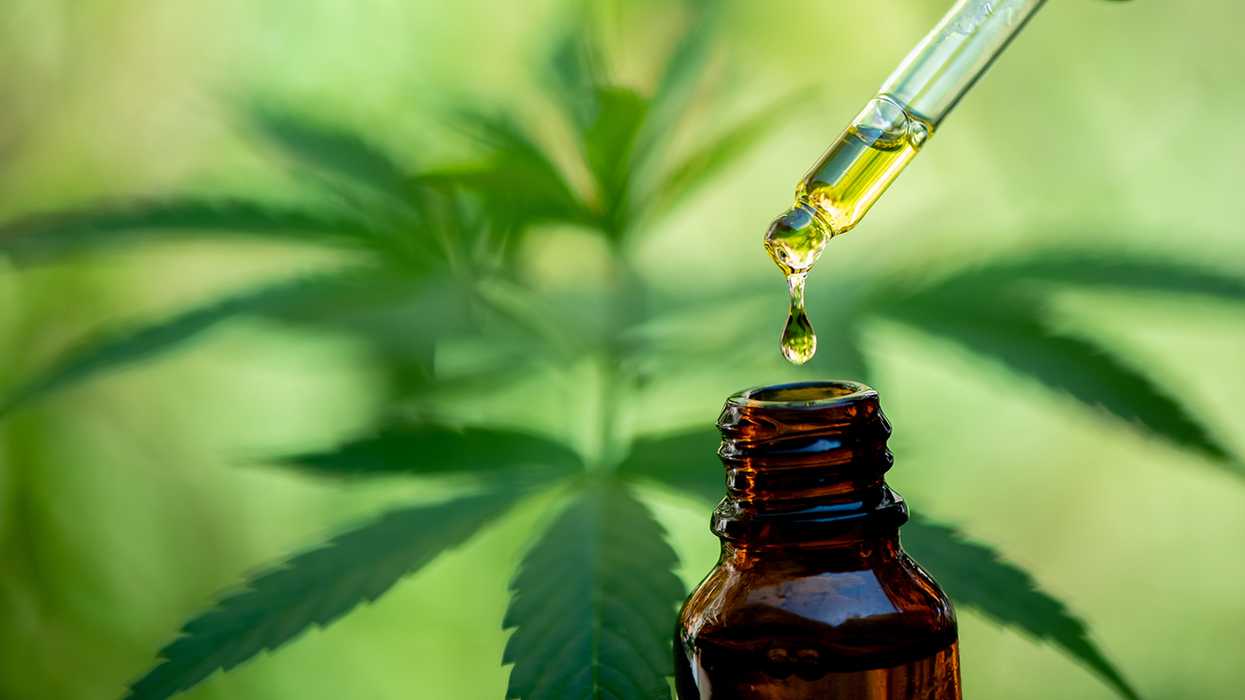Minnesota marijuana law takes dual approach to testing
On August 1, Minnesota became the 23rd state to legalize recreational marijuana. Although the law legalizes marijuana for off-duty use, it also allows employers to test for the drug in some situations.
Employers concerned about safety may be relieved that the law allows cannabis testing for employees who work in positions that are considered safety sensitive. In addition, the law allows testing when impairment due to cannabis use is suspected.
Pre-employment testing allowed for some
A pre-employment test for cannabis is allowed if a worker will be taking a job that is safety sensitive. Pre-employment testing is not allowed for those in other positions.
The new state law specifies cannabis to be a product that can be a lawfully consumed away from work. Because a cannabis test cannot determine when the drug was used, and an employee applying for a job could not have used it in the workplace, the state only allows employers to test for the drug when safety is a concern.
Employees may be tested for other drugs before starting work, but cannabis can only be part of a pre-employment testing panel in these situations:
- The employee is in a safety-sensitive position (A job, including any supervisory or management position, in which an impairment caused by drug, alcohol, or cannabis usage would threaten the health or safety of any person).
- The employee will be working as a peace officer or firefighter.
- The employee’s position requires a commercial driver’s license or requires an employee to operate a motor vehicle for which state or federal law requires drug or alcohol testing.
- The employee will be working a position where testing is required under state or federal law.
- The employee is in a position requiring face-to-face care, training, education, supervision, counseling, consultation, or medical assistance to:
-Children,
-Vulnerable adults, or
-Patients receiving health care services from a provider for treatment, examination, or emergency care of a medical, psychiatric, or mental condition.
Reasonable suspicion testing allowed for all
A reasonable suspicion test for the use of drugs (including cannabis) or alcohol is allowed if the employer has a reasonable suspicion that the employee:
- Is under the influence of drugs or alcohol, or
- Has violated the employer’s written work rules prohibiting the use, possession, sale, or transfer of drugs or alcohol, cannabis flower or products, lower-potency hemp edibles, or hemp-derived consumer products at work, on the employer’s premises, or while operating the employer’s vehicle, machinery or equipment.
While post-accident testing is not mentioned in the state statutes, reasonable suspicion testing is allowed if an employee:
- Sustained a personal injury,
- Caused an employee to sustain a personal injury,
- Caused a work-related accident, or
- Was operating or was helping to operate machinery, equipment, or vehicles involved in a work-related accident.
Random testing restricted
Only employees in safety-sensitive positions in Minnesota may be tested randomly for drugs (including cannabis) or alcohol. The state defines safety-sensitive job as one in which impairment caused by drug, alcohol, or cannabis usage would threaten the health or safety of any person. This includes supervisory or management positions.
Professional athletes may be randomly tested if the professional athlete is subject to a collective bargaining agreement permitting random testing.
Follow-up testing is fine
Unannounced tests for drugs (including cannabis) and alcohol can be given for a period of up to two years following completion of a treatment program.
Detailed drug and alcohol testing requirements apply
To test for any drugs or alcohol in Minnesota, an employer must have a drug and alcohol policy that meets the requirements of state law. The law strictly regulates how testing is conducted and what happens if a test is positive.
An employer in Minnesota may not fire an employee for their first positive test result unless the employee has refused to participate in a counseling or rehabilitation program offered by the employer or has failed to successfully complete the program.
Taking action
Although testing for marijuana is restricted in Minnesota, employers there and in other states do not need to allow employees to use, possess, sell, or transfer cannabis in the workplace or on work time. An employer can prohibit this in its drug and alcohol policy and take action if an employee violates the policy.
Key to remember: As marijuana legalization becomes more common, employers need to pay close attention to when they can test for the drug. They can always prohibit employees from using or possessing the drug on company property and during work time.

